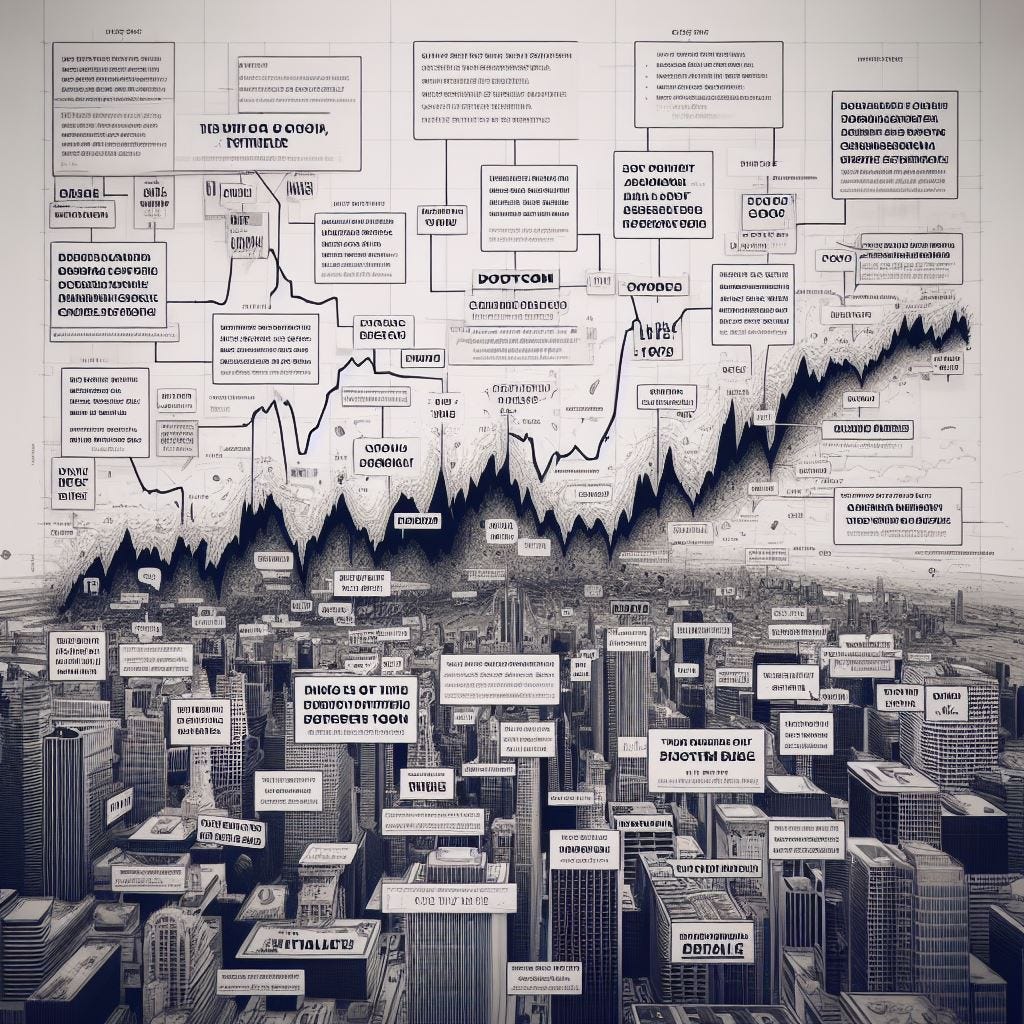In this article, we will explore the monumental historical work ‘The Decline and Fall of the Roman Empire’ by Edward Gibbon. This six-volume masterpiece chronicles the rise and eventual collapse of the Roman Empire, offering valuable insights into the factors that shaped its trajectory. Gibbon’s meticulous research and narrative style have set a high standard for subsequent historians, and his work continues to influence our understanding of empires and their dynamics. By delving into the historical context and deep engagement with the complexities of imperial rule, Gibbon’s magnum opus remains a timeless and indispensable resource for anyone interested in the study of empires and their rise and fall.
The Rise and Fall of Empires: A Journey Through ‘The Decline and Fall of the Roman Empire’ by Edward Gibbon
Introduction
‘The Decline and Fall of the Roman Empire’ is a monumental historical work by British historian Edward Gibbon. First published in six volumes between 1776 and 1788, it is considered one of the greatest works of history ever written. Gibbon’s magnum opus traces the history of the Roman Empire from its peak of power to its eventual collapse, and it has had a profound influence on the way we understand empires and their rise and fall. In this article, we will take a journey through the key themes and insights of this timeless work.
The Rise of the Roman Empire
Gibbon begins his epic narrative by exploring the rise of the Roman Empire, tracing its origins from the early days of the Republic to the height of its power under the rule of Augustus. He examines the military conquests, political intrigues, and cultural achievements that propelled Rome to the status of a superpower in the ancient world. Gibbon’s detailed account of this period provides a rich tapestry of the political, social, and economic dynamics that shaped the Roman Empire during its ascendancy.
The Fall of the Roman Empire
Having laid the groundwork for the empire’s greatness, Gibbon turns his attention to the factors that led to its eventual decline and fall. He explores the internal and external pressures that eroded the empire’s strength, including barbarian invasions, political corruption, and economic stagnation. Gibbon’s analysis of these factors offers valuable insights into the nature of imperial decline and the challenges that empires face in maintaining their power over time.
Historical Context
One of the most remarkable aspects of Gibbon’s work is its deep engagement with the historical context of the Roman Empire. Gibbon was a meticulous researcher who drew on a wide range of primary sources to construct his narrative. He also had a keen understanding of the political and intellectual currents of his own time, which shaped his interpretation of Roman history. By placing the rise and fall of the Roman Empire in its broader historical context, Gibbon offers a nuanced and sophisticated understanding of the complex forces at play in the evolution of empires.
The Influence of Gibbon’s Work
‘The Decline and Fall of the Roman Empire’ has had a lasting impact on our understanding of empires and their rise and fall. Gibbon’s narrative style, erudition, and critical approach to historical analysis set a high standard for subsequent historians. His work has inspired numerous scholars to explore the dynamics of empire in different historical contexts, from the Byzantine Empire to the empires of the modern era. Gibbon’s insights into the nature of power, politics, and culture continue to inform our understanding of the challenges and complexities of imperial rule.
Conclusion
In conclusion, ‘The Decline and Fall of the Roman Empire’ remains a towering achievement in the field of historical scholarship. Through his meticulous research and compelling narrative, Edward Gibbon offers a comprehensive and nuanced account of the rise and fall of one of the greatest empires in history. His work continues to shape our understanding of empires and the challenges they face, providing valuable insights into the dynamics of power, politics, and culture. Gibbon’s magnum opus stands as a testament to the enduring relevance of history and its capacity to illuminate the complexities of human experience.
